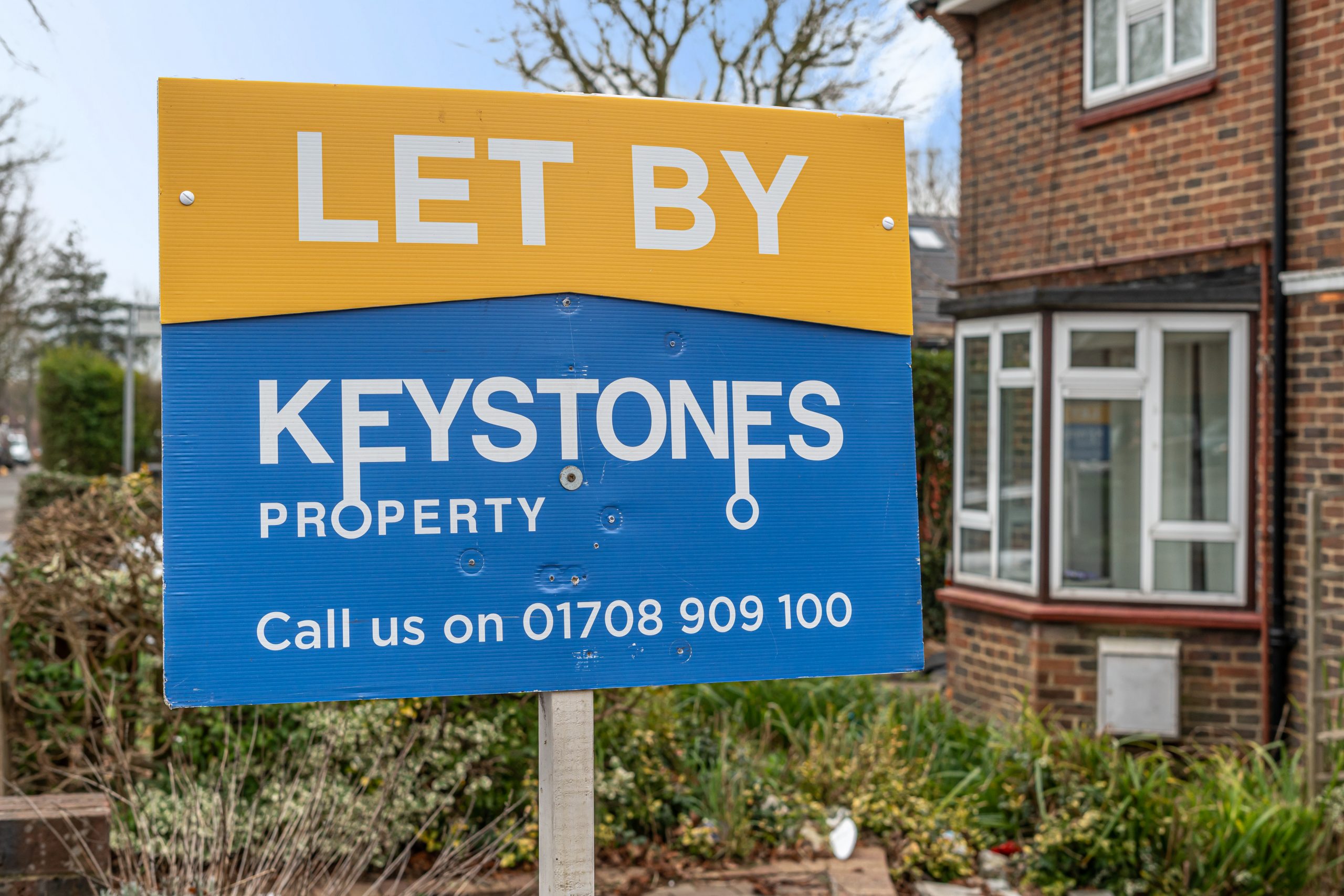As a landlord, there are many things you need to keep on top of, from maintenance tasks to safety features and of course the regular rental fee assessments.
Of course, for you these touchpoints aren’t just about providing a high quality service to retain good tenants, but also about meeting legal guidelines. One of the most important legal touchpoints to focus on is the EPC rating of your property, that is its Energy Performance Certification, which is what this blog is all about.
What is the EPC of a property?
The Energy Performance Certificate (EPC) tells the landlord and the tenant how energy is being used in the property, how efficient it is, and what impact any changes could have. In short, it tells you how environmentally friendly the property is in terms of its energy use, and how much it costs to run.
The lower the rating, the less efficient the property is and the more expensive it is to heat and run.
Why does it matter so much?
For landlords, the legislation doesn’t just cite the need for a transparent EPC rating but the ability of each and every rental property to meet a minimum requirement. Since 2018, every new rental property had to meet a minimum standard rating of E – with the 2020 legislative changes broadening this to cover all properties, including those with existing tenancy agreements in place.”]
EPC matters because it considers the energy efficiency of a property alongside its CO2 emissions. From a budgeting standpoint, a better rating means that your tenants will have to spend less on heating and running the property. From an environmental standpoint, the better the rating the lower the carbon footprint of the property.
And with both climate change and the cost of living major topics of conversation, and the UK striving to be net zero by 2050, we probably don’t need to reiterate the importance of lowering both carbon emissions and energy usage.
What are the legal requirements for landlords?
So, what are the legal requirements and what has changed in 2023?
Well, we’ve already covered the minimum rating for a rental property, which is E. While it was originally announced that by 2028 all rental properties would need to increase their rating to a minimum of C in order to be legally let, in September 2023 this requirement was scrapped with existing EPC requirements remaining unchanged for the foreseeable future.
Every property which is listed as a rental opportunity needs to be legally assessed and granted an EPC rating. This assessment is carried out by a Domestic Energy Assessor, who will determine the existing energy efficiency of the property and outline potential changes that could be made to improve the rating. Some of the commonly assessed touchpoints include windows and doors, heating systems, light fixtures, boilers, and the structure of the building.
Once concluded, the EPC rating is valid for 10 years – and only needs to be renewed if you are entering into a new tenancy agreement or are selling the property. Upon moving into the property, your tenant must be provided with a copy of the EPC certificate, providing full transparency as to the efficiency of the property and its impact on their living expenses as well as carbon emissions.
Are there any legislative changes just around the corner?
By halting the decision to make a rating of C or higher a legal requirement by 2028, landlords still need only meet a minimum rating of E across any rental property. So, as a landlord the current law cites that any property you rent out must have a clear and transparent EPC, and the rating must be at least an E if not better.
The more you can do to improve the energy efficiency of your property, the better position you will be in if and when the government announce a change to this legislation. Keep an eye on our blog posts and updates, as we stay on top of this news and any changes as and when they are announced.
More from the Keystones learning hub
Keep updated with what's going on in your local area. Our latest news provides up-to-date information on everything regarding the local property market, for everyone including homebuyers, sellers, tenants, and landlords.
Section 21 – Abolishment

19 December, 2024
Will Pets Be Allowed In Properties With The Renters Rights Bill?

19 December, 2024
Banning Discrimination – Renters Rights Bill

19 December, 2024

Come and see us face to face
Keystones are Open 6 days a week. Pop in, have a Tea or Coffee as we always have people on hand to help you.
Keystones Property
-
Keystones Property Collier Row
13 Clockhouse Lane, Collier Row, Romford, Essex, RM5 3PH, United Kingdom -
Email: [email protected]
-
Telephone: 01708 909 100







